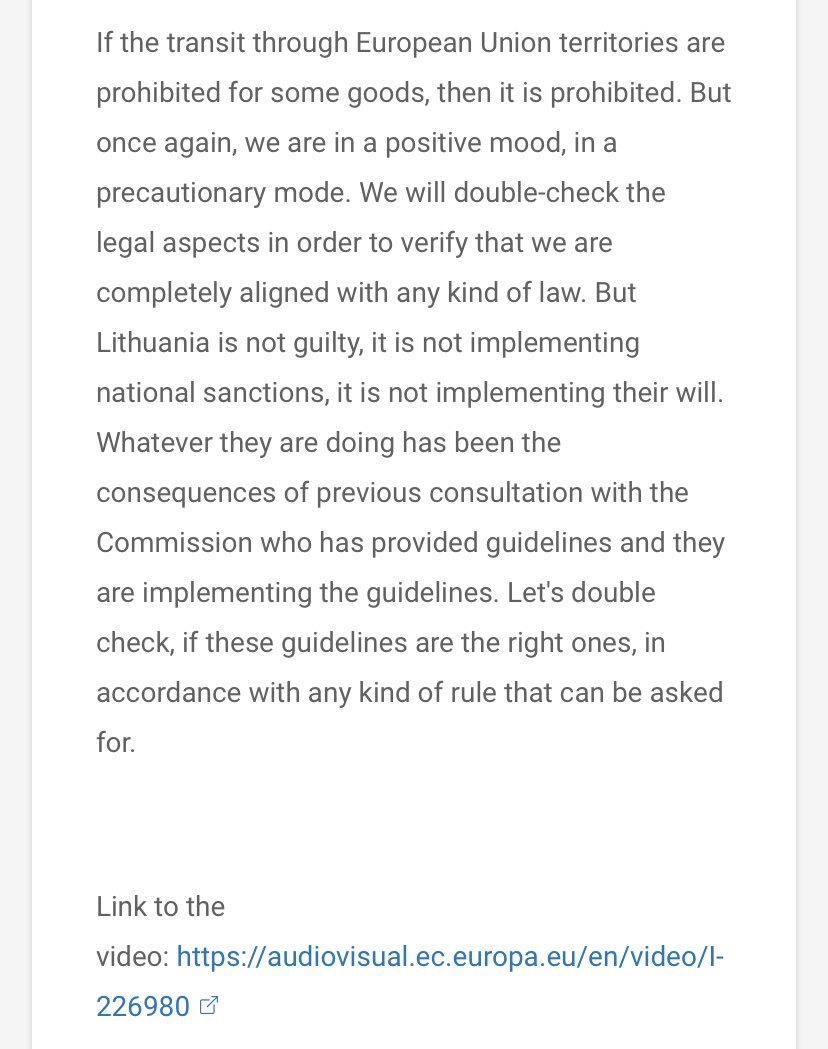
#Ukraine_Moldova: Zelensky has reiterated that one of the country's objectives is to become a guarantor of European energy security. Ukraine is ready to export electricity to the EU, after synchronization with ENTSO-E completed in March this year. Due to the Russian war,⤵️
the EU approved the union of Ukraine and Moldova before the initial schedule. This makes it possible to temporarily provide the two EU candidate states with electricity in the event of an emergency situation, such as gas cuts for power production. At such risk is Moldova,⤵️
which last year signed a contract with Russia, which both the ruling party and Sandu hailed as the best solution that offers cheaper gas (than that available on EU market). Since the gas flow through NS1 is reduced to 20%, the Moldovan side expects negative scenarios for⤵️
the supply through other gas pipelines, mainly through Ukraine. With the addition of Ukraine (minus Moldova) to the EU network, both parties are gaining more resilience, including Moldova.
• • •
Missing some Tweet in this thread? You can try to
force a refresh





